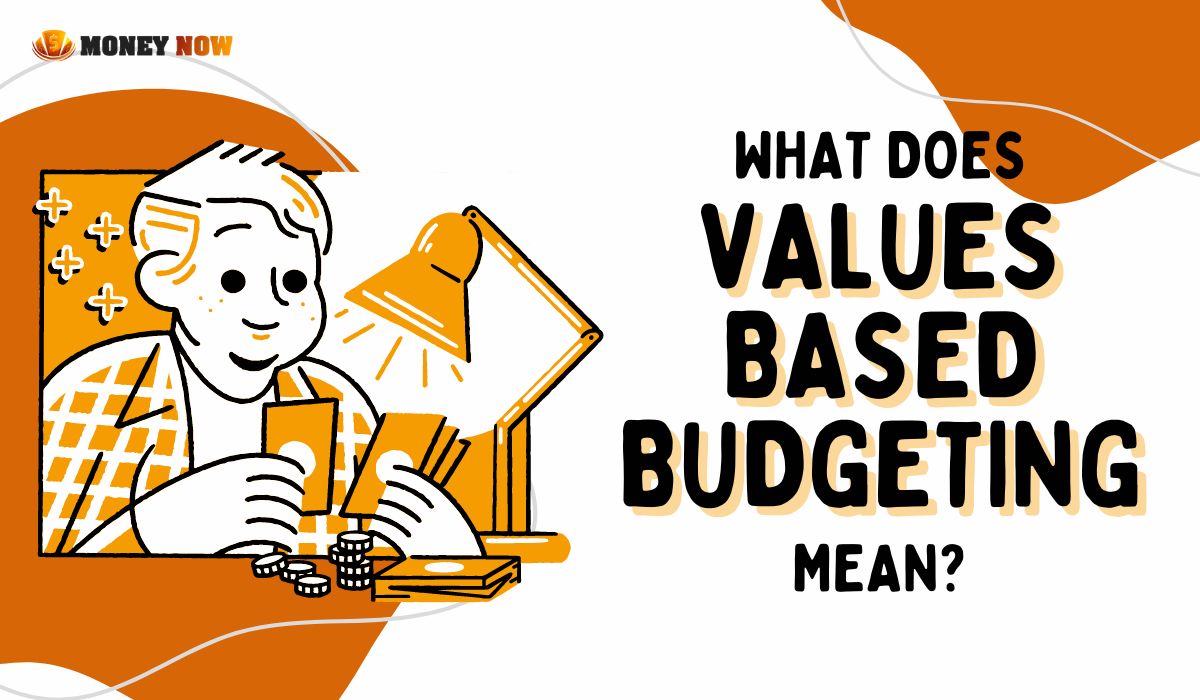
In the realm of personal finance, values-based budgeting emerges as a transformative approach that aligns financial planning and spending with one’s core values and life goals. Unlike traditional budgeting methods that primarily focus on numbers and allocations, values-based budgeting starts with identifying what is genuinely important to the individual or family. This method ensures that every dollar spent not only contributes to covering essential living expenses but also supports the achievement of long-term aspirations and fulfillment of personal values.
Dive deeper into how this approach can revolutionize your financial management by continuing to read our comprehensive article on values-based budgeting.
Values-based budgeting is a strategy that prioritizes spending on what truly matters to an individual, couple, or family. It’s about making conscious choices that reflect personal beliefs, values, and goals, rather than merely tracking income and expenses or cutting costs indiscriminately. This approach to budgeting encourages people to spend their money on things that bring them joy, satisfaction, and a sense of purpose, thereby enhancing their overall quality of life.
Identify Core Values: The first step involves deep reflection to identify your core values. These could range from family, health, and education to travel, philanthropy, or environmental conservation. Understanding what you value most provides a clear direction for how you want to allocate your resources.
Set Goals Aligned with Values: Once core values are identified, the next step is to set short-term and long-term financial goals that are directly aligned with these values. For example, if education is a core value, saving for further studies or children’s education would be a priority.
Create a Budget that Reflects Your Values: With your values and goals in mind, construct a budget that directs your money towards these priorities. This means allocating funds first to essential needs and then to areas that fulfill your values and goals, ensuring that spending decisions support what’s truly important to you.
Adjust Spending Accordingly: Values-based budgeting may require adjusting current spending habits. This could involve cutting expenses in areas that are less aligned with your core values to free up funds for more meaningful expenditures.
Review and Adapt: Regularly review your budget and financial goals to ensure they remain in sync with your values, especially as they evolve over time. This ongoing process allows for adjustments that reflect changes in your life and priorities.
Increased Satisfaction: Spending in alignment with your values can increase happiness and satisfaction, as your financial resources are used in ways that enrich your life meaningfully.
Greater Financial Control: This approach provides a framework for making deliberate choices about spending and saving, leading to greater control over your financial future.
Enhanced Motivation: By seeing how your financial choices directly contribute to your valued goals, you may find increased motivation to manage your finances responsibly and creatively.
Reduced Financial Stress: Knowing that your spending supports your most cherished values can reduce anxiety and stress related to money, providing a sense of peace and fulfillment.
Implementing a values-based budget requires commitment and introspection but can be deeply rewarding. Start by listing your values and assess whether your current spending aligns with these principles. Be prepared to make tough decisions to reallocate your budget towards what genuinely matters to you. Remember, the goal is not to restrict spending but to ensure that your financial decisions bring you closer to living a life aligned with your values.
Begin by reflecting on moments of happiness and fulfillment in your life to identify patterns that reveal your core values.
Yes, values-based budgeting is adaptable and can help prioritize spending according to values, even with an irregular income, by focusing on flexibility and essential value-aligned goals.
Absolutely, values-based budgeting can be effectively used to prioritize debt reduction if financial freedom is identified as a core value, guiding more focused and purposeful debt repayment strategies.
While zero-based budgeting allocates every dollar to a category, values-based budgeting prioritizes spending and saving based on personal values, potentially leaving flexibility for unallocated funds to be used as values evolve.
Yes, by aligning savings goals with personal values, individuals may find renewed motivation and purpose in saving, reducing feelings of burnout and making financial goals more meaningful and satisfying.
Values-based budgeting is more than a method of managing money; it's a holistic approach to living a life aligned with your deepest beliefs and aspirations. By prioritizing expenditures that resonate with your personal values, you not only achieve a healthier financial status but also a more fulfilling life. In a world where financial decisions can often lead to stress and dissatisfaction, values-based budgeting offers a path to financial peace and personal contentment.
Discover the optimal amount to save for your dream house each month with our expert guide. Start building your future home fund today for a brighter tomorrow!
